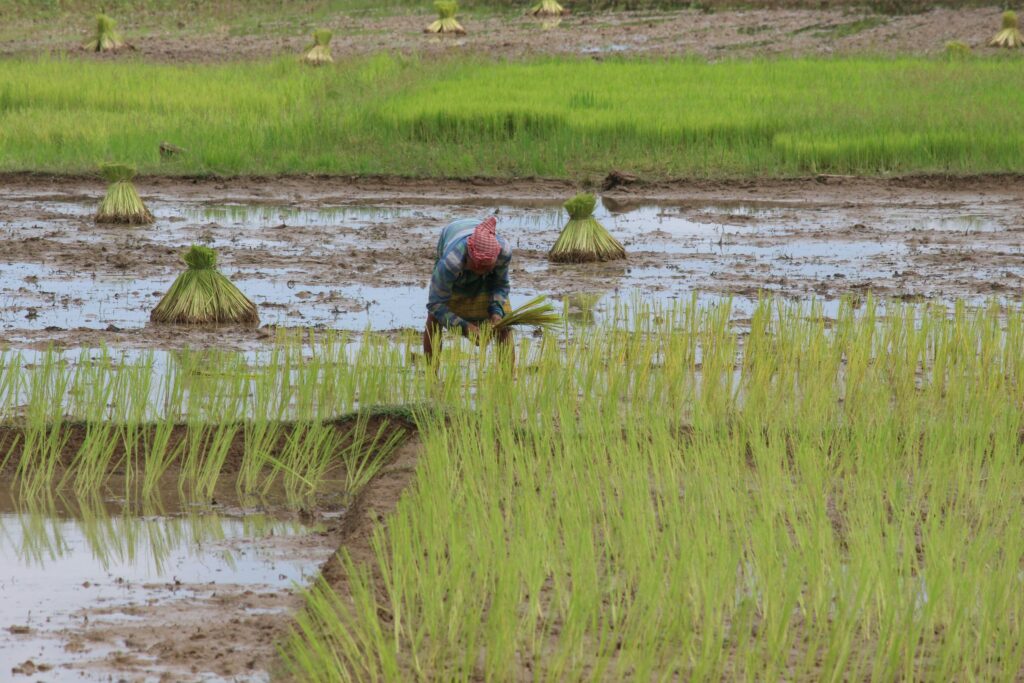
 Radio Wa
Radio Wa

 Radio Wa
Radio Wa
30 October 2025, 9:38 am

By Agness Agilo
Although climate change remains a global concern, the Lango subregion has in recent years witnessed a particularly worrying trend. Some areas have suffered prolonged droughts, leading to famine and even loss of lives.
Reports indicate that human activities such as deforestation, wetland encroachment, and poor waste disposal especially plastics, have worsened the situation, contributing to the changing climate patterns.
In response, cultural leaders in Lango have stepped forward with various ideas aimed at mitigating the effects of climate change and promoting environmental conservation.
Peter Okello Oyo, the clan head of Bako Pelkori Apwor, recalled that in the past, Lango used to experience regular rainfall throughout the year, resulting in abundant harvests. He attributed this to the vast forest cover that once existed in the region, which helped to regulate the local climate and ensure balanced rainfall patterns.
However, Mr. Okello expressed concern that much of the forest cover has now been depleted, and wetlands destroyed. He appealed to residents to take responsibility by planting trees in every household and protecting wetland from cultivation to allow natural water flow.
Similarly, Bosco Ogwang Edola, the clan head of Omolo Atar Odyakol, echoed the same concerns, emphasising that while climate change is a global issue, its effects are being felt more severely in Lango. He cited Otuke district, where prolonged droughts and occasional floods have caused hunger and even deaths due to famine.
Ogwang further blamed industrial pollution and improper waste disposal such as plastic bottles and polythene bags for degrading the environment. He urged the government to strictly enforce environmental laws and encouraged the people of Lango to restore wetlands and plant more trees to help stabilise weather conditions and support agriculture.
Meanwhile, David Opio Apap, the clan head of Oromo Agwata-Will, reflected on the past when every homestead had traditional tree species like Muvule and Ilwa, which were naturally preserved and contributed to rainfall formation. He lamented that this tradition has faded, with trees now being cut down without replacement.
Opio called on residents to revive the culture of preserving indigenous tree species and to protect wetlands that play a vital role in climate regulation.
On his part, Joseph Olet Magezi, the clan head of Arak Ocola Yamyam, criticised leaders for failing to enforce environmental protection laws. He noted that wetland encroachment has become rampant, draining water sources that once supported rainfall formation in the region.
In a related development, Lira City Environment Officer Leonard Otika, speaking during the launch of electric bikes in the city, said the initiative aligns with global smart city efforts. He explained that fuel-powered motorcycles emit gases that contribute to climate change, whereas electric bikes help reduce carbon emissions and promote environmental sustainability.
As the effects of climate change continue to threaten livelihoods in Lango, cultural and local leaders are urging residents to take the lead in protecting the environment by planting trees, safeguarding wetlands, and embracing cleaner technologies. Their collective message is clear: the fight against climate change begins at home, and the time to act is now.